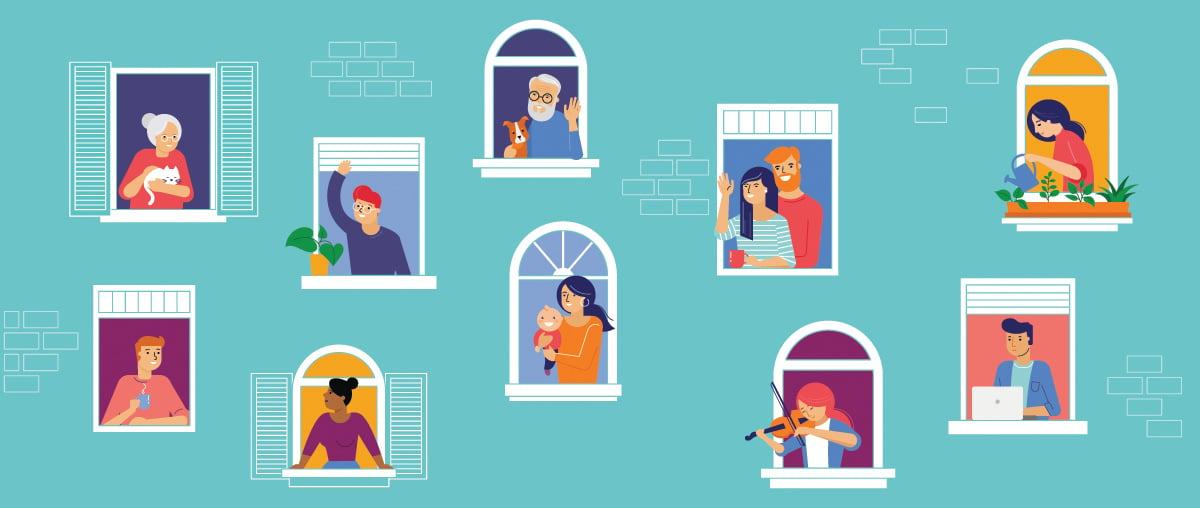 Dugnad (pronounced doog-nahd), literally, “voluntary work,” is a Norwegian cultural tradition where members of a community work together toward a common goal for the greater good.
Dugnad (pronounced doog-nahd), literally, “voluntary work,” is a Norwegian cultural tradition where members of a community work together toward a common goal for the greater good.
Dating as far back as the Viking Age, the concept of dugnad brought villagers together to bring ships back to land after their excursions. Over time, dugnad evolved as rural farming communities applied the concept to making preparations for harsh winter conditions so they could survive together.
Today, dugnad is widely seen as part of Norway’s national character. It refers to a community day where residents get together to work collectively on projects like cleaning, fixing and tidying up communal areas. Dugnad often takes place in the spring to prepare for Syttende Mai celebrations, and in the fall to prepare for winter.
Fast forward to March 2020, when coronavirus popped up in Norway. Norway’s national leaders used the dugnad spirit to call on residents to help protect the greater good. They coined the term “Korona-dugnad,” calling on Norwegians to do their part to slow the spread of the virus. Prime Minister Erna Solberg addressed the nation, reminding residents of the importance of coming together in times of hardship:
“It has now become absolutely crucial that all of the country’s citizens and residents participate in a national dugnad to slow down the spread.
We are doing this in solidarity with the elderly, chronically ill, and others that are especially vulnerable in developing this serious disease.
We have to protect ourselves in order to protect others. We will stand together through this period in time—not with hugs and handshakes—but by keeping our distance from one another.”
“It will require a lot from each and every one of us. We need to care about one another and help each other the best we can.”
In her address, Solberg emphasized practices like social distancing, working from home, and forgoing hugs for the greater good. The definition of a modern dugnad has quickly became synonymous with staying indoors at home, instead of raking leaves with neighbors.
In Norway, because dugnad is so widely accepted as part of the culture, it was relatively easy for Norwegians to accept and adjust to the changes in their daily lifestyles. Crown Prince Haakon even did his part by participating in a worldwide digital hackathon to develop ideas for solving the Covid-19 crisis.
While there are other factors that contribute to the low Covid-19 case numbers in Norway, the dugnad spirit across Norway has been seen as a major reason the nation has been successful at keeping cases as low as they are.
